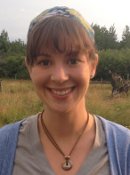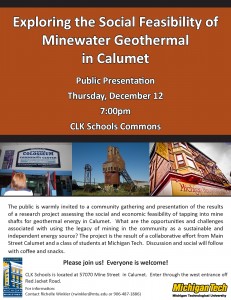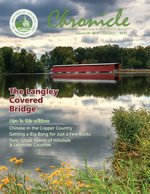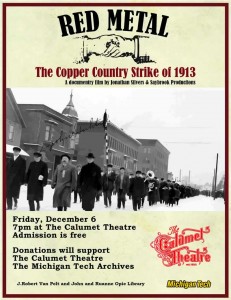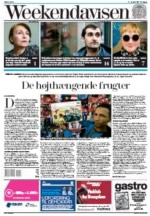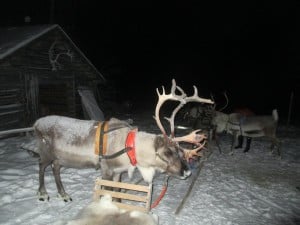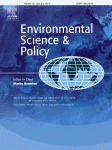Prof. Richelle Winkler’s class on community engagement reported their findings on the feasibility of using billions of gallons of water flooding area copper mines as a reservoir for geothermal heating in Calumet. Their study, though largely nontechnical, was well received by an audience at the CLK commons, many of whom wanted to know more about the technical possibilities and limitations. Winkler emphasized that it was up to the community to decide how to pursue the ideas — whether doing it as a public utility, a publi-private partnership, or however — and referred them to the class’s report on the topic and to a number of experts in the room, including staff from the Keweenaw Research Center, which has already installed geothermal mine water heating and cooling system.
The public event was picked up by numerous news outlets: on campus, locally, as far away as Indiana, and by various tech and mining blogs.
